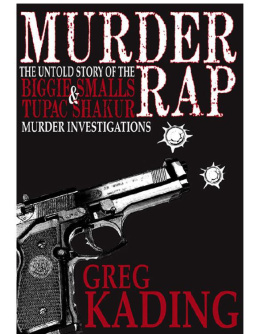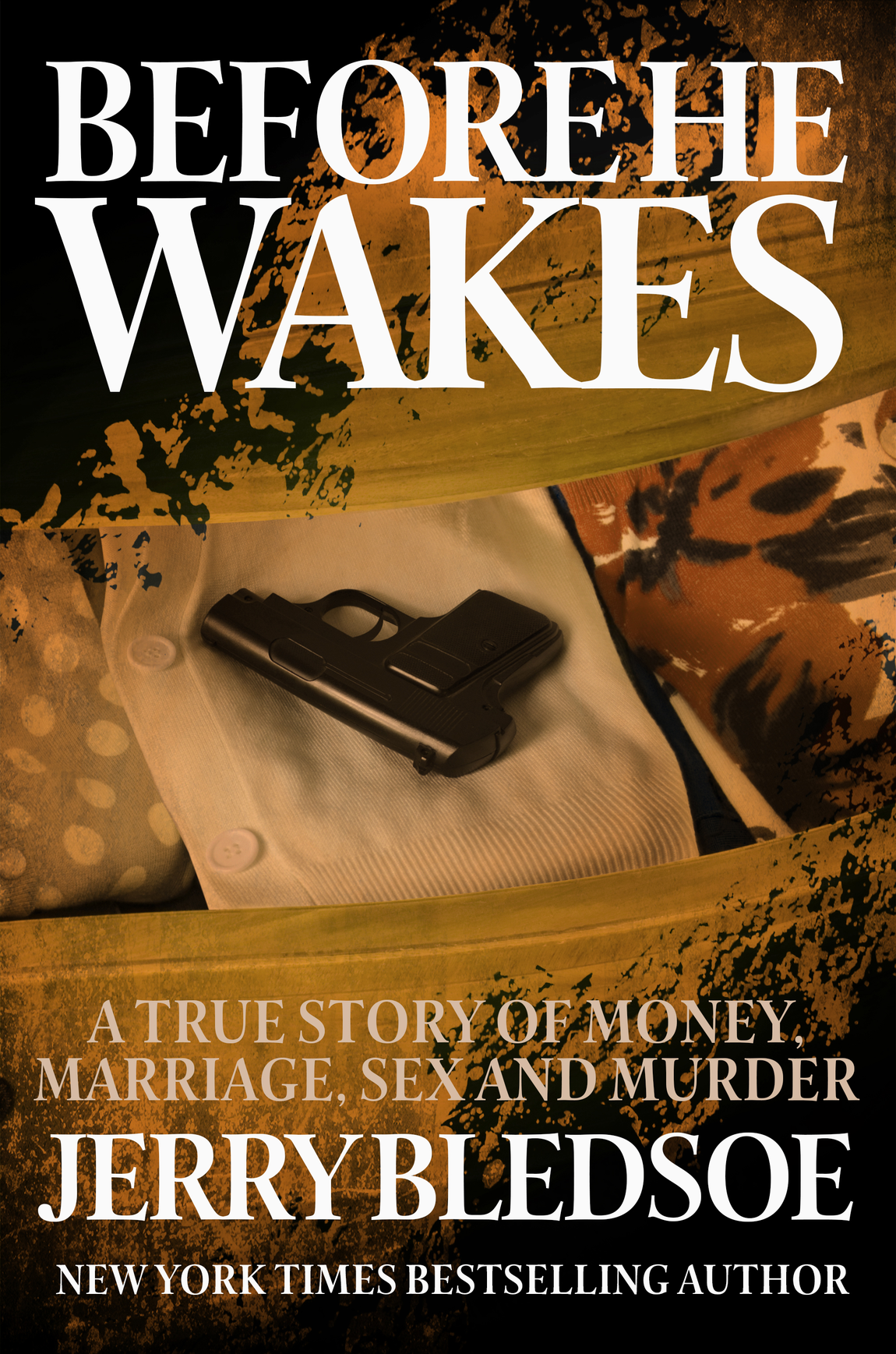Part One
An Incident on Fox Drive
T he hour before dawn was always the quietest. Criminals had retired for the night, and most decent citizens were not yet up to crash their cars, start fires, get into squabbles, have heart attacks or find other ways to create havoc. This was the time for police officers to take a break, catch up on report writing or stop for coffee and early breakfasts.
The city of Durham, North Carolina, was just beginning to stir to a new work week on this Monday morning. High-intensity lights still cast an orange glow over nearly deserted downtown streets. The sweet, pungent aroma that always hovered in the air of the second-biggest cigarette-making city in a tobacco state was even stronger than usual this morning, held close to the ground by low-lying clouds. Dawn would come gray and damp, unusually warm for a day so deep in winter.
In the basement of the Durham Police Department headquarters, the five dispatchers who received all of Durham Countys emergency calls had no hint of the weather outside. Isolated in the glass-enclosed radio room, they were nearing the end of their twelve-hour shift, wondering if six-thirty would ever come. Radio traffic had all but died, and there had been no telephone calls for more than an hour. The dispatchers were beginning to unwind. Normally they would have been chatting about the events of the night, but this had been a quieter night than usual, leaving them nothing to discuss. To fill the void, Terry Russell started to tell a joke hed heard the day before. He was interrupted by a light that began flashing on every console, accompanied by the irritating buzz of the 911 emergency line.
Barbara Parson was first to reach to stop the noise by punching the flashing button. Durham County nine-eleven, she said.
Can you send an ambulance to twenty-eight-thirty-three Fox Drive? asked a frightened and plaintive voice so high-pitched that Parson thought she was talking to a young girl.
Whats the problem? she asked, reaching for an ambulance dispatch card. She could tell that the child was terribly upset, and as a mother she felt the little clutch at her throat that always arose when a child in trouble called.
My father had a gun and it went off.
Where is he shot, maam? Parson asked, at the same time inserting the card into the time clock that recorded the date and time of the call: February 1, 1988, 6:08 A.M.
Im not sure, but just do it, please!
Is he conscious? Parson pressed. She had to have information for the emergency medical technicians so that they would know what to expect. It could mean the difference between life and death.
I dont know. My mom told me to call.
Durham County had not yet turned to computers for its dispatch room, and as Parson had been talking into her headset, she was wheeling her chair toward one of the two big circular files in the center of the room. The files contained the locations of every street and road in the county. She quickly thumbed up Fox Drive, only to discover that there were two in the county, and she had to question the child about nearby streets so the emergency vehicles wouldnt go to the wrong location.
Turning to another console, she activated electronic tones alerting the Lebanon Volunteer Fire Department and Durham County Hospital Ambulance Service to an emergency. Before she hung up, her motherly concern caused her to ask one more question of the child.
Are you all right?
Yes, said the child, just hurry.
Parson disconnected the line and called the Durham County Sheriffs dispatch room just a block away in the courthouse to tell them about the shooting in one of Durhams most prosperous northern suburbs.
A shrill, piercing beep stirred Doug Griffin from sleep. He reached instinctively for the pager in its bedside charger to keep it from waking his wife and two children.
An architect, Griffin felt a strong duty to community. That was why he had joined the Lebanon Volunteer Fire Department four years earlier and become a first responder. First responders were trained in basic emergency medical care. Scattered throughout the county, they could reach victims long before an ambulance arrived, giving first aid that greatly increased chances for survival. Helping to save lives gave Griffin deep satisfaction.
Subject shot, he heard Barbara Parsons matter-of-fact voice as he climbed out of bed. Twenty-eight-thirty-three Fox Drive. That was only a few blocks from Griffins house.
A short, dark-haired man with a neatly trimmed full beard, Griffin pulled on a blue jumpsuit that he kept on a nearby chair for nighttime emergencies, slipped on jogging shoes and hurried outside into the misty predawn darkness. He climbed into his white Volvo, and as he was leaving his driveway, he picked up a red light from the seat beside him, plugged it into the cigarette lighter, placed it on the dashboard and accelerated into the empty morning streets.
The house on Fox Drive was set back from the road, hidden by a stand of trees and thick undergrowth, its presence marked only by a black mailbox at the foot of a long concrete drive, and Griffin drove by it at first. He realized his mistake and turned around in the next driveway. As he headed up the drive, he saw a modern house, one section of the front pointed like the prow of a ship, with huge angled picture windows set in a facade of brown and gray stone.
A boy barely in his teens stood just inside the open doors of the double garage at the back of the house. He looked as if he had dressed quickly and incompletely, and he was scared and bewildered, almost in shock.
Whos shot? Griffin asked as he jumped from the car, but the boy said nothing.
Griffin asked again after fetching his hard plastic blue first aid case from the trunk of his car and heading for the garage.
Hes in the last bedroom, the boy finally said. Go left, then right, down the hall.
You stay here and direct the others, Griffin told him. Already hed seen his departments assistant chief, James Wingate, pull up at the foot of the drive.
Griffin had one cardinal purpose: reaching the patient and helping him. But as he entered the house through the kitchen, he was overcome by a feeling he later described as spooky. He had no idea who had been shot, how or by whom. Could somebody with a cocked and loaded gun be lurking there in wait?
The thought unnerved him, but he continued on, turning into a dark hallway, pounding the wall with his fist to announce his presence.

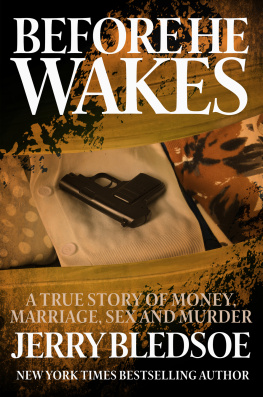
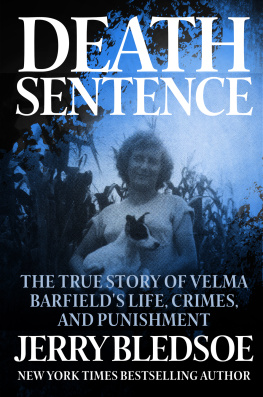
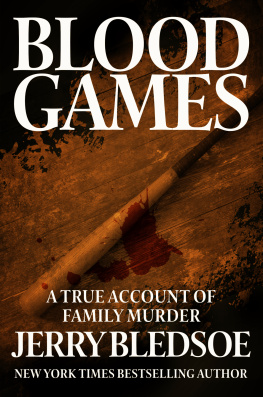
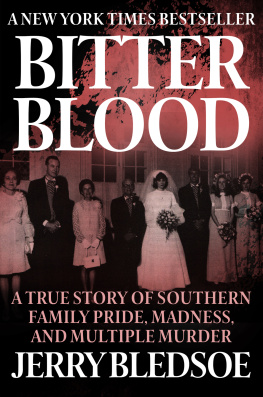
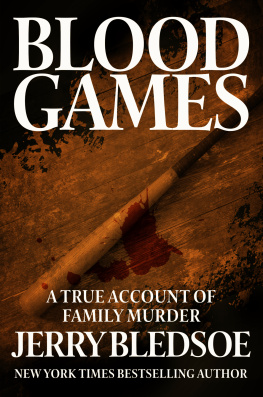



![Bledsoe - Bitter blood [eBook - NC Digital Library]: A True Story of Southern Family Pride, Madness, and Multiple Murder](/uploads/posts/book/185689/thumbs/bledsoe-bitter-blood-ebook-nc-digital.jpg)
